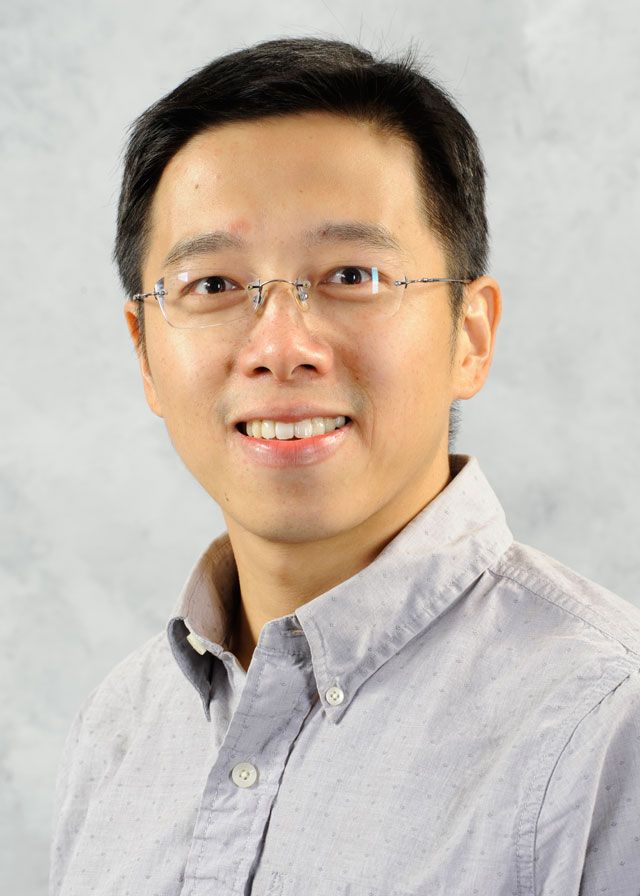Team from Lehigh and Northwestern explore use of big data to understand the creative process.
Creativity has long been an intangible concept, says Ting Wang.
The complex process of connecting two seemingly unrelated scientific ideas is difficult to understand.
"It's kind of magic," says Wang, assistant professor of computer science and engineering. "How are you connecting these two thoughts?"
Wang has a possible answer to that question that's both creative and concrete: He's using big data to better understand the underlying mechanisms of the creative process.
Until now, researchers studying creativity in the scientific enterprise have focused on the references of scientific publications to gain an understanding of how the publications relate to one another. A paper's creativity, therefore, has been measured by examining how it connects previously disconnected knowledge. The greater the difference between the idea presented in a new paper and the claims made by the works cited within it, the more creative the new idea.
However, this approach doesn't reflect a complete picture of how the authors actually write the paper, says Wang. The authors consumed and possibly have been inspired by information outside the publications they've referenced, he says. "That information would be critical to understanding the novelty or the creativity of those who published the paper because it reflects how we take information and how we digest it and how we actually produce something new."
In a paper titled "Inspiration or Preparation? Explaining Creativity in Scientific Enterprise," Wang and his colleagues — Lehigh doctoral student Xinyang Zhang and Dashun Wang, associate professor of management and organizations at Northwestern University's Kellogg School of Management — explain an approach that allows them to "quantitatively assess the creativity of a paper, an author, an institution or even a discipline" for the first time. They also develop a predictive framework that "accurately identifies the most critical knowledge to fostering target scientific innovations." Zhang presented the paper at the International Conference on Knowledge Management in October.
Read the full story in the 2017 Vol. 2 edition of the Lehigh Research Review.
-Kelly Hochbein is Editor of the Lehigh Research Review and an Assistant Editor with Lehigh University's Office of Communications and Public Affairs.

